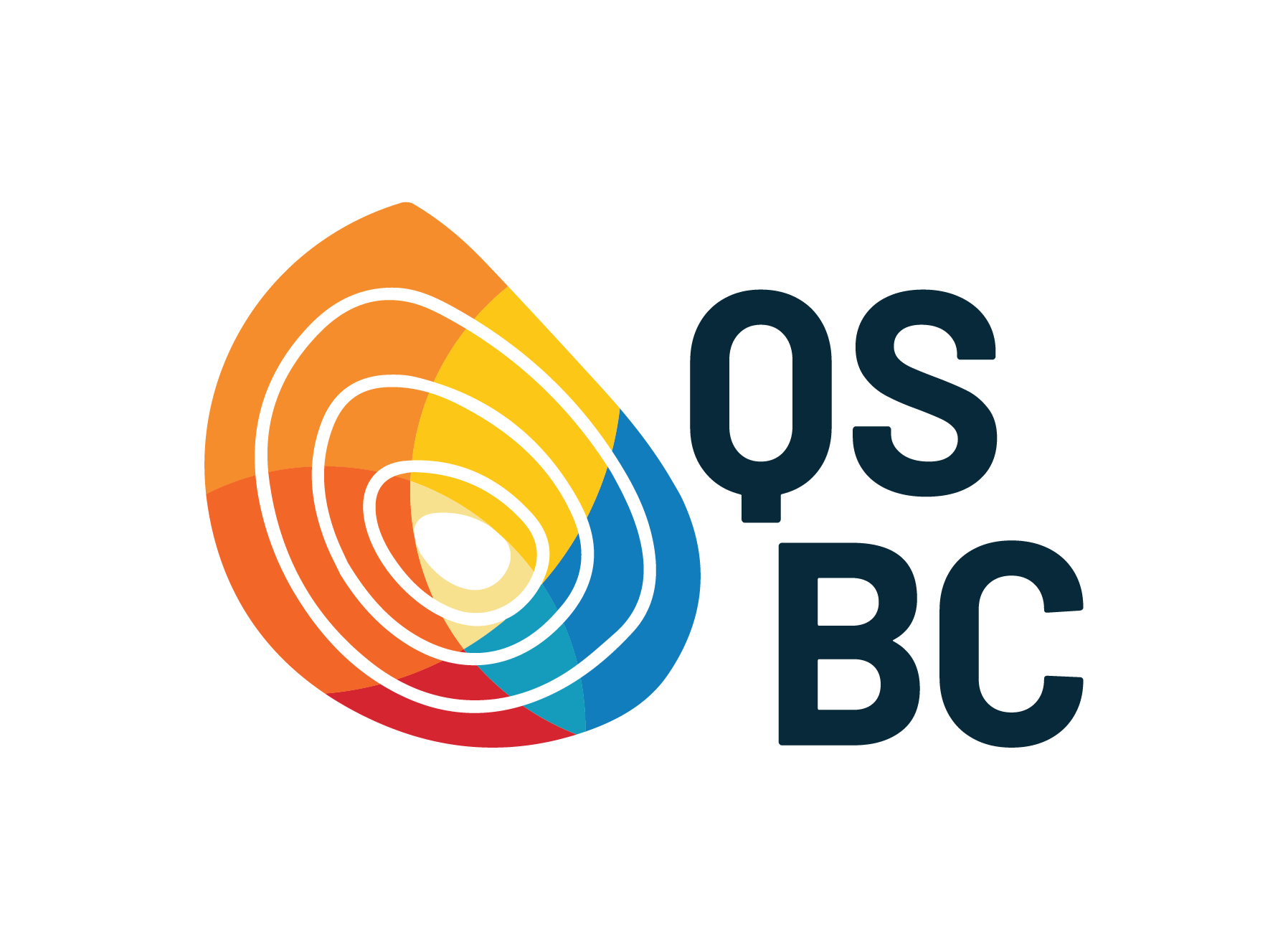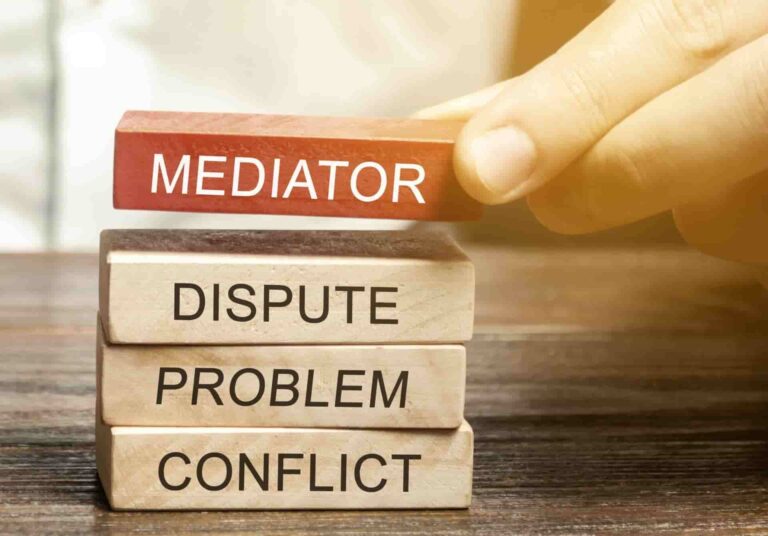When parties go to mediation the best outcomes are always achieved when the decision-makers participate in the process. Otherwise communication can break down and make the initial dispute even more complicated.
Our office recently facilitated a mediation between a café business owner in Central Queensland and their landlord. The dispute was in relation to the ‘make good’ provisions which require restoration of premises at the end of the lease. The tenant believed the ‘make good’ provisions had been fulfilled and their bond should be fully refunded. The landlord however did not agree and was unsatisfied with the condition of the premises. The landlord decided to send their property manager to attend the mediation and make to decisions on their behalf.
During the mediation there was a great deal of informative discussion between the tenant and the property manager which resulted in most of the issues being worked through and resolved, except for one. The remaining issue was going to affect the landlord’s cash flow so the property agent decided it was necessary to pause the mediation and consult with the landlord.
This meant the landlord was having to make a decision without the full background of what had been communicated during the mediation. He did not accept the final matter in dispute. If the parties did not reach agreement at mediation, the next step would have been to escalate the matter to QCAT (which is roughly a 27 week wait).
The QSBC mediator adjourned the mediation and requested the landlord to attend on the adjourned date. This occurred, and an agreement was successfully reached – saving both parties time and money. Having the key decision-makers for each party present during a mediation is important.
Find out more about dispute assistance



